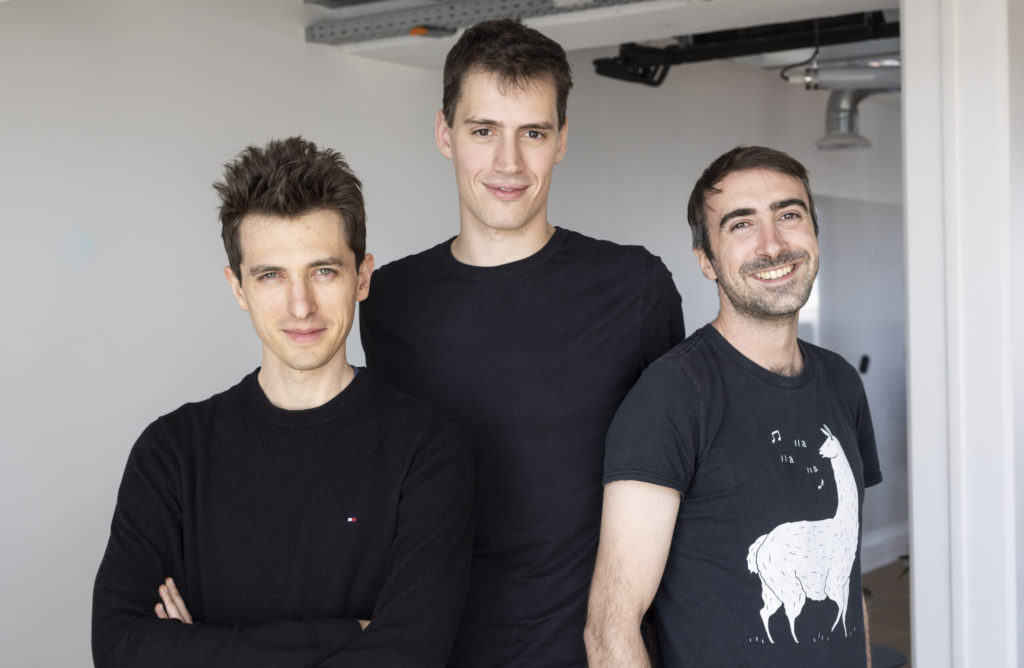Mistral AI: A New Powerhouse in French Artificial Intelligence
Mistral AI, founded in 2023, is one of France’s most ambitious ventures in the artificial intelligence (AI) sector. Emerging in a global race for AI innovation, Mistral seeks to establish itself as a leader in developing cutting-edge technologies while fostering ethical and sustainable practices. This article delves into the lab’s history, founders, mission, controversies, and its future outlook.
The Birth of Mistral AI
Mistral AI was founded by a trio of experienced professionals: Arthur Mensch, formerly at DeepMind; Guillaume Lample, previously with Meta AI; and Timothée Lacroix, another ex-Meta AI talent. Their shared vision was to create a European AI powerhouse capable of competing with American giants like OpenAI and Google DeepMind. Recognizing the need for technological sovereignty in Europe, the founders launched Mistral with a mission to bolster Europe’s role in AI research and innovation.
With its headquarters in Paris, Mistral quickly attracted attention, raising €105 million in a record-breaking seed round. Backed by prominent venture capital firms, the company set out to tackle the dual challenge of technological advancement and ethical AI development.
Mission and Goals
Mistral AI’s mission is twofold: to build powerful AI models that rival the best in the world and to promote ethical and transparent AI usage. The lab focuses on developing open-weight models, ensuring that its AI technologies are accessible to researchers, developers, and businesses. By prioritizing openness, Mistral aims to democratize AI while fostering trust and accountability.
The company also emphasizes environmental sustainability. In an era where large AI models consume enormous amounts of energy, Mistral has committed to developing energy-efficient algorithms and promoting green AI practices.
Recent Innovations and Projects
One of Mistral’s most notable achievements is the release of Mistral 7B, a compact and efficient large language model designed to deliver high performance without the significant computational demands of larger models. Praised for its openness and versatility, Mistral 7B has been well-received by the tech community.
The company is also exploring AI applications in fields such as healthcare, climate change mitigation, and creative industries. By addressing real-world challenges, Mistral seeks to demonstrate AI’s potential to drive societal progress.
Controversy and Challenges
Despite its early success, Mistral AI has not been without controversy. Critics have raised concerns about the potential misuse of open-weight models, particularly in creating misinformation or advancing malicious activities. While Mistral promotes transparency, some argue that making powerful AI models widely available could pose security risks.

Additionally, the company faces competition from well-established American and Chinese tech firms, which have significantly more resources and global reach. Mistral must also navigate Europe’s strict regulatory landscape, which could impact its pace of innovation.
Looking Ahead
Mistral AI’s future looks promising but challenging. The lab plans to expand its model portfolio, focusing on creating AI systems that balance power, efficiency, and ethical integrity. It also aims to collaborate with European governments, universities, and industries to strengthen regional AI capabilities.
As AI continues to reshape industries and societies, Mistral’s commitment to openness and sustainability positions it as a potential game-changer in the field. Whether it can maintain its momentum and fulfill its mission remains to be seen, but one thing is clear: Mistral AI is a name to watch in the ever-evolving AI landscape.
photos : cryptoast.fr – maddyness.com
















There are no comments
Add yours